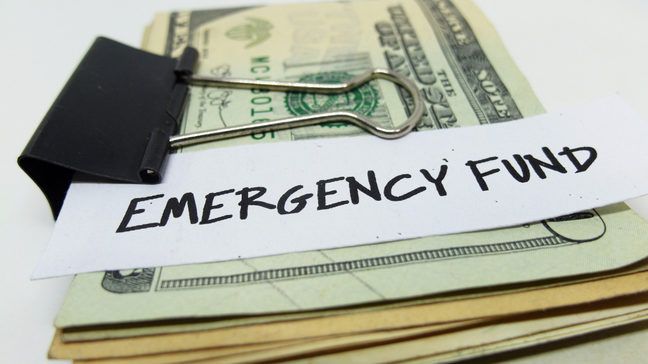I am writing this at a time where our world is facing one of the most difficult times for all of mankind. My heart goes out to all the families most vulnerable and affected by these times.
This pandemic is setting a precedence for big changes for how a new world would look like, a rethink on the fundamentals of our priorities. In an age where companies who have previously declared million and billions of dollars in revenues and profits are seeking bailout and subsidies less than two months into the crisis but somehow individuals are meant to have enough savings to bankroll them for six months when out of a job. Unfair?
Today, the conversation is about money, the flaccid universal measuring tool. The one thing that might not change after this pandemic. If you are still shocked when your salary finishes in the second week of the month and you have to feed on vibes till the next credit alert comes in, here are a few rules for how you should spend money.
Budget

This cannot be overemphasized, you need to know off the top of your head at every given point in time what you can afford and can’t because your life depends on it. There’s no growth without goals, if there isn’t a defined point, you are just coasting. How much do you spend on feeding a month? How much do you need to save in a month to make rent at year’s end? Examples of things to include in your budget: rent, medical insurance, auto insurance, gas, fuel, electricity, internet, savings, investment, telephone bill, eating out, subscriptions, groceries, personal care, household items.
Float

If you have a need, let someone else float you even if you have the means to afford it. It’s a form of interest-free loan and allows you to build credibility amongst your network. Also, if you understand how cumulative interests work, you’d realize that it cost you more in the long run when you always have to dip into your savings to meet petty needs. Don’t dip except you absolutely have to.
Save

You need to save as often as possible, this is a no brainer, the real goal behind savings is building it into a habit, don’t be focused on the amount in the beginning. Commit an amount you can afford and do it consistently for 3–6 months then keep increasing it but be consistent. Your savings is not for meeting the needs in your budget, those things should have been taken care of or had the money set aside once you get paid. Savings are meant for things unplanned but probable emergencies like medications, police fines, and investment/networking opportunities.
Invest

Remember the shirt that says “my money grows like grass”? This is the only way to achieve it. Invest and diversify your investment, start with things with guaranteed returns like Treasury Bills, Fixed Deposit, and Mutal Funds. As your risk appetite grows over time, research and explore more risky and long term instruments like stocks, bonds. I invest the return of my investment in things like people’s businesses and ideas. Investments are not to meet your immediate needs, it a form of long term savings for things like owning a home, children school fees, a vacperience (vacation + experience) e.g. 3 months in Cuba, just because you are a baby boy and you deserve good things, new phone who this.
Emergency Funds

Savings alone is not enough, an emergency fund is important to buffer life-threatening situations like an expensive medical bill, bankrolling yourself for a year when you decide to quit your job and pursue a business idea or simply when all the chips are down.
Retirement Savings

This right here might just be the most important of the bunch. There are different ways to do this, most recommended is through a pension fund manager but I manage my RSA myself cause I’m good like that. This should be different from the pension plan you have with your employer and for good reason, I’d explain why. Retirement savings are for the inactive days of your life, with the retirement age averaging around 60–65 yrs, you’d need a good chunk of money to live viva le vibes for the next 40+ years and that doesn’t include paying rent cause you should own and have fully paid for your mortgage by then with your investment.
These are my unwritten rules about money and how I plan in that order. Hope this helps.
While this process might be unpleasant, the truth remains that no matter where you work or how fortunate your salary situation is, it is your sole responsibility to prioritize and plan for your financial situation.
Guest Writer: Emmanuel Chukwure
Have a great weekend, and until next time,
Happy Economist.
🙂

You have got alot of great content in this blog. I must say well done. Keep up the good work.
We need more frequent articles
LikeLiked by 1 person
Thank you. Glad you liked it. More articles on the way
LikeLike
Love the post , learnt alot well done girl
LikeLiked by 1 person
We are glad you learnt a lot
LikeLike
This is very useful resource! Thank You Emmanuel
LikeLiked by 1 person